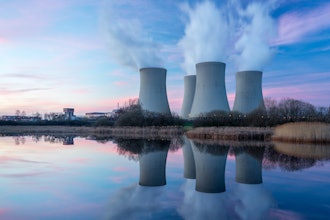The Blame Game
So, what was behind Shell’s departure? Since the announcement, fingers have pointed in every direction: from today’s volatile oil market, to the high risk of drilling in treacherous waters, to an uncertain regulatory environment, etc etc.
But Shell USA’s president pointed out that today’s low oil prices weren’t a huge factor since the company looks at projections at least a decade out. The decision had more to do with disappointing results from a well the company had drilled and yes, he said the regulatory environment did factor in.
While environmentalists were thrilled with the announcement, Shell didn’t make it out of the goodness of its heart. Yet, the company has been credited by many being gutsy enough to get out when the getting’s not good, even with billions on the line.
The Future of Arctic Drilling
What does this mean for future Arctic adventures? Since many other companies who had a stake in Arctic drilling were following Shell’s lead, analysts say that with Shell out of the game, the polar bears could be left to themselves for at least another 20 to 25 years.
The Fallout in Alaska
It’s no secret that Alaska will be hit the hardest by this decision. In Anchorage alone, Shell employs about 800 including contracted office workers, and this decision will definitely impact future hiring.
But according to local media, the upside is that Alaska is enjoying record-high employment in its oil patch with an estimated 4.5 percent unemployment in the state’s largest city. The president of Anchorage’s Economic Development Corp. said Shell’s decision is a hit, but not a death blow to the local economy.
Is Shell Going Greener?
Shell is the biggest oil company in the world — but is also positioning itself to play a huge role in an energy market that is diversifying more and more with alternative forms of power and fuel. On Monday the company announced that it’s helping to form a new 16-member Energy Transitions Commission to make data-driven recommendations about where the company should focus its efforts — including alternative energy like solar and wind.
A chairman for Shell said the company will continue to be a major player in the energy market because the world needs Shell’s systems capability and distribution expertise — even if the world one day might not need Shell’s oil.
What Do You Think?
Is the end of Arctic exploration a sign of bigger changes in the energy market? Let us know what your thoughts by commenting below.






















